Nora Boyd (Pittsburgh): “Daedal Data: The Problem of Empirical Adequacy”
Whatever else our theories about the natural world are, they ought to be consistent with the evidence produced by our interactions with it – our theories ought to be at least empirically adequate. This is the minimal commitment of empiricism. Yet the central notions of evidence and empirical adequacy have not been satisfactorily elucidated. Prominent accounts of evidence treat it as detachable from the manner in which it was produced. However, considered as detached results, the corpus of empirical evidence appears to be contradictory and discontinuous. Empirically derived parameter values evolve, sometimes radically, over time and the very concepts used to interpret evidence change between epistemic contexts. It would be a fool’s errand to try to make our theories adequate with respect to evidence in this sense. In this talk, I lay the groundwork for a new empiricist philosophy of science by furnishing a non-detached characterization of evidence and an epistemology of empirical adequacy appropriate to it. I illustrate these accounts using case studies from astrophysics and cosmology, including observations of the Hulse-Taylor pulsar, historical observations of supernovae, and the history of measurements of the Hubble parameter.


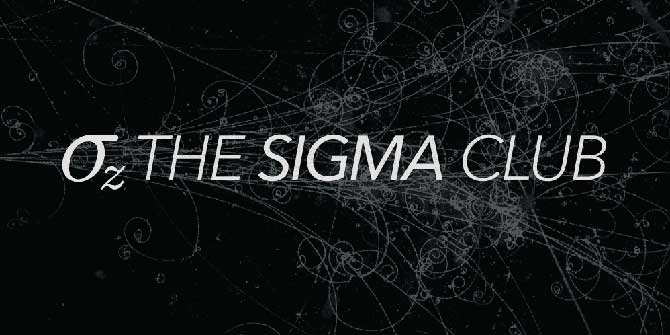

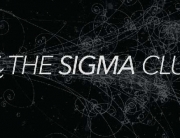
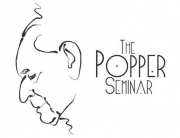

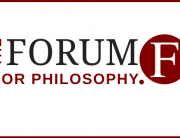







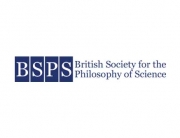
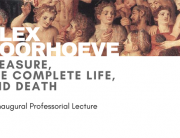
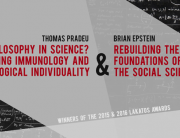
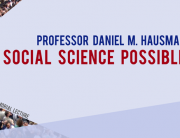
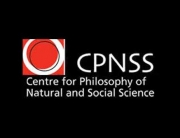


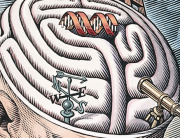
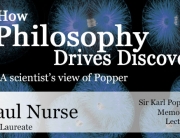
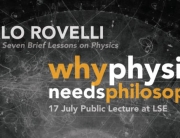

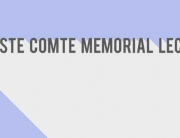
Connect with us
Facebook
Twitter
Youtube
Flickr